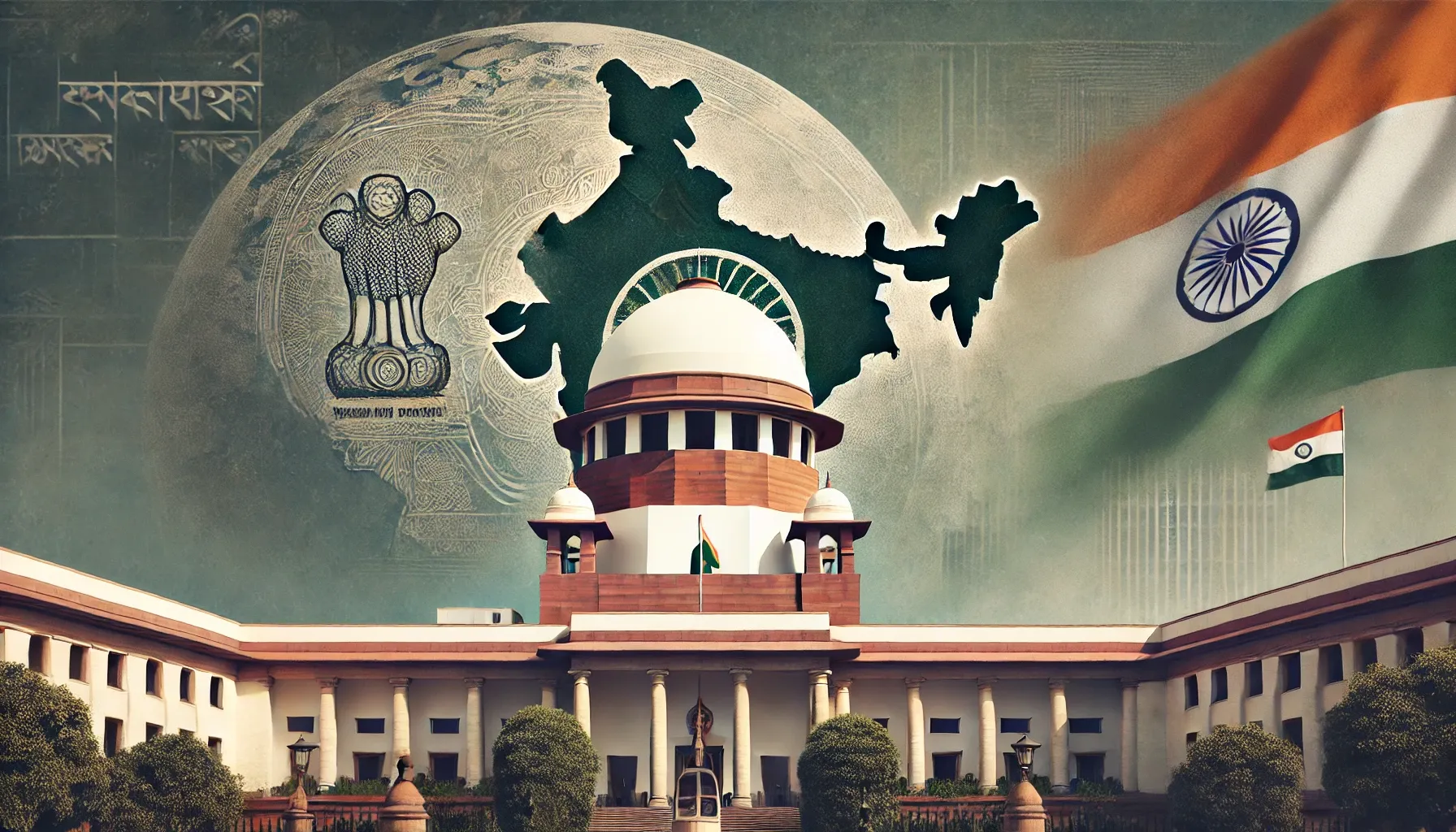The Supreme Court dismissed a PIL seeking protection for Hindus in Bangladesh, citing non-interference in foreign affairs. The petitioner was advised to approach the Government for assistance

On February 24, 2025, the Supreme Court of India declined to entertain a Public Interest Litigation (PIL) seeking to protect Hindus in Bangladesh from alleged violence against minority communities. The petition, filed by Rajesh Dhanda, the Chairman of Bhagwan Jagannath Rath Yatra Mahotsav Committee, Ludhiana, also Vice Chairman of the ISKCON Mandir Steering Board, requested the Court to intervene in the matter.
Key Points of the Supreme Court's Judgment:
- Non-Interference in Foreign Affairs:
- The bench, comprising Chief Justice Sanjiv Khanna and Justice Sanjay Kumar, refused to intervene in the affairs of Bangladesh, stating that it pertained to foreign relations and internal issues of another country.
- CJI Sanjiv Khanna remarked: “It pertains to foreign affairs... how can this court comment upon the affairs of another country? It would be so odd if this Court interferes with another country, that too a neighbour!"
- Petitioner’s Withdrawal of PIL:
- Following the Court's remarks, Senior Advocate Mukul Rohatgi, representing the petitioner, withdrew the PIL, agreeing to the Court’s advice to approach the Government of India for relief.
- The Court recorded that the petition was dismissed as withdrawn.
- Petitioner's Requests:
- The petitioner sought the extension of the deadline for submitting applications for Bangladesh-fled Hindusseeking Indian citizenship.
- He also requested aid and assistance for Hindu minorities in Bangladesh from the Ministry of External Affairs (MEA) and Ministry of Home Affairs (MHA) via the Indian High Commission in Bangladesh.
- Additionally, the petitioner urged the Government of India to create global pressure on Bangladeshthrough International Law to prevent the ongoing atrocities against minorities.
Court's Refusal:
- The Court maintained that such issues were related to the foreign policies and internal matters of a sovereign country, thus falling outside its jurisdiction.
- The Supreme Court's decision highlighted its cautious approach in interfering with foreign affairs, particularly with a neighboring country, which is a matter better suited for diplomatic channels.
Case Title : RAJESH DHANDA Versus UNION OF INDIA MINISTRY OF EXTERNAL AFFAIRS AND ORS| W.P.(C) No. 153/2025
Attachment:





